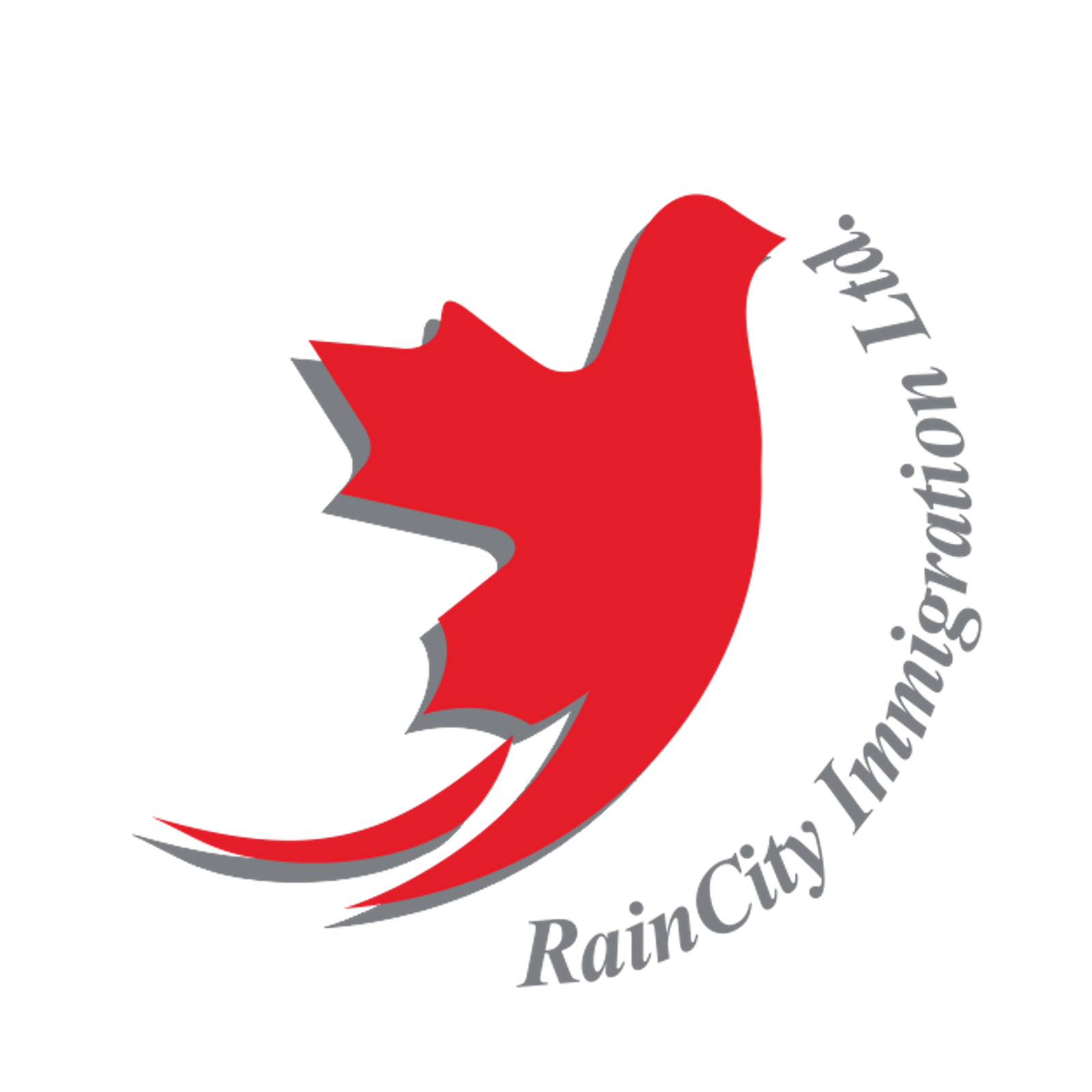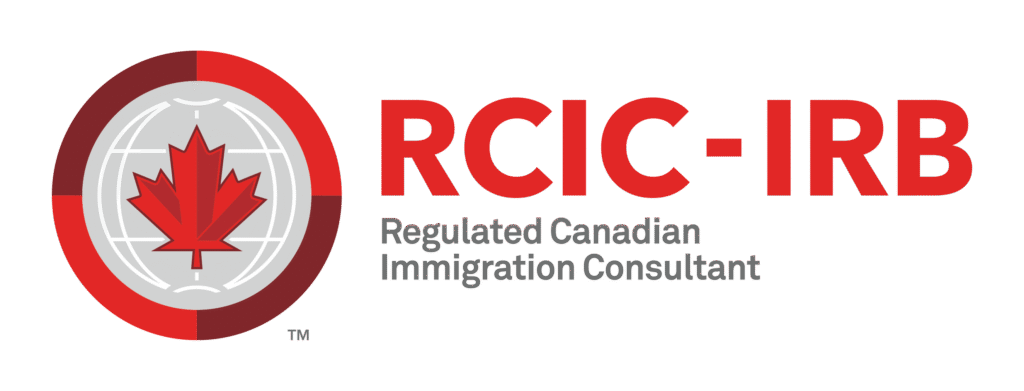Canadian ICT visa

One way to immigrate to Canada is through the ICT visa. ICT stands for Intra-Company Transfer, which means transferring within the same company. This immigration method is one of the subcategories of Canada’s International Mobility Program (IMP).
According to Canada’s intra-company transfer program, international businesses with a parent company, branches, subsidiaries, or affiliates in Canada can bring their key employees from abroad to Canada using the ICT visa, also known as inter-company transfer.
If you’re working for an international company and hold a key position, the intra-company transfer visa could be a suitable path for your immigration to Canada.
What is the ICT visa?
The ICT visa is a type of temporary work visa for Canada specifically for international companies that are located outside of Canada but have established an office in Canada. These companies transfer some of their high-ranking and skilled employees to their Canadian branch for business development or to move their business to Canada.
Which companies can apply? Any international company that can demonstrate that transferring labor to Canada positively impacts their service quality to Canadians can apply. So, is benefiting Canadians the priority? Yes, the services provided by this company will ultimately enhance the lives and benefit Canadians.
Note:
The ICT work visa does require a job offer, but it is exempt from the Labor Market Impact Assessment (LMIA).
Advantages of using the ICT program
– Obtaining a work visa without the need for an LMIA
– Receiving permanent residency in Canada through the ICT visa
– Ability to bring spouse and children
– Business expansion in Canada
– No language test required
Conditions for obtaining the Canadian intra-company transfer visa
To obtain the intra-company work visa in Canada, both the employee of the foreign company and the company itself must comply with specific conditions and regulations. If either party does not follow Canada’s intra-company transfer rules, the ICT work visa will not be issued for foreign employees.
Conditions for obtaining the ICT visa in Canada for company employees.
Transferee employees must have at least one year of full-time work experience with the foreign company in the last three years.
Transferee employees must have relevant educational qualifications and work experience related to the job in Canada.
Transferee employees must be sent to the Canadian office to do the same job they were doing in their home country.
The job title for work in Canada must fall under one of the following three categories:
Executive: Responsible for managing the company or a significant portion of it.
Senior Manager: Manages all or part of the company and oversees the work of other managers and specialized employees.
Specialized Knowledge: An employee who has specialized knowledge about the company’s products or services or a high level of expertise in organizational processes and protocols.
Requirements for obtaining ICT visa for Canadian companies
The company must have active branches in at least two countries.
The company’s office address in Canada must be clear. In exceptional cases like startups, another address can be provided until they rent or purchase an office.
A company looking to establish an office in Canada must have a realistic and justifiable business plan to support its activities in Canada.
The company must have the financial capacity to start business operations in Canada and pay employee wages.
If the company wants to transfer its senior managers to Canada, it must demonstrate that the scale of its operations in Canada will be large enough to warrant managerial work.
When companies want to send their specialized employee to Canada, they must be able to demonstrate that:
This specialized workforce has a definite role in their business and
Their activities in Canada will be under the guidance of a Canadian manager from the company.
Statistics on ICT work visas issued – 2019 to July 2024
| 2019 | 2020 | 2021 | 2022 | 2023 | January to July 2024 | |
|---|---|---|---|---|---|---|
| ICT Visa | 17265 | 11770 | 15645 | 21450 | 18190 | 9785 |
What is the financial sufficiency requirement for the ICT visa?
The applicant must prove to the Canadian government with their financial documents that they have sufficient financial resources to live and start a business in Canada and that they will not encounter any issues meeting the minimum living requirements in this country. Therefore, financial capability can be divided into two parts:
Financial capability to cover living expenses
Canadian immigration officers use the LICO table as a tool to assess the applicant’s financial capability. LICO stands for Low-income cut-off and represents the minimum income level used to indicate the poverty line in urban areas of Canada with a population of at least half a million. In other words, if your income is below LICO, you are considered below the poverty line according to Canada.
For short-term visas, officers expect you to show 6 months of LICO in your bank account.
| Number of family members | Minimum amount required in Canadian dollars |
|---|---|
| 1 person | 1690 |
| 2 people | 18288 |
| 3 people | 22483 |
| 4 people | 27297 |
| 5 people | 30690 |
| 6 people | 34917 |
| 7 people | 38875 |
| More than 7 people: this amount is added for each additional person | 3958 |
An important point to note is that the budget and financial capability mentioned in the table must be in the individual’s own possession or jointly owned with their spouse, and the applicant cannot borrow the amount from another person.
Financial capability for investment costs (starting a business in Canada)
The minimum required amount for investment will be determined and communicated based on the type of business in Canada.
Ways to prove financial capability:
Proving financial capability through a bank letter and a three-month statement from short-term accounts.
Proving financial capability through a bank letter and a one to two-month statement from short-term accounts along with a source like a purchase agreement.
Proving financial capability through a bank letter from long-term accounts (and financial source if required).
Proving financial capability through a foreign currency account along with providing a financial source.
Introduction to types of ICT work visas.
As we discussed in the previous section regarding the requirements for the ICT work visa, there are three categories of individuals who can apply for the intra-company transfer program in Canada, which will result in three types of ICT work visas. This type of visa allows for the immigration of managers to Canada through the ICT program.
All three types of visas are temporary residency visas in Canada and follow the same process:
Executive work visa
Individuals who can apply for this visa are those who are in charge of managing the company or a significant section or subsidiary of the company. These managers operate under the overarching supervision of senior managers, the board, or shareholders of the company.
Senior management work visa
Individuals who can apply for this kind of visa are those who manage the company or lead a department or a subsidiary, overseeing the work of other managers and supervisors.
Specialized workers work visa
Employees can apply for this type of visa if they possess specialized knowledge about the products or services of the company they work for and also have specialized information regarding the host company’s products or services and their application in international markets.
Required documents for the ICT intra-company transfer work visa
The necessary documents to apply through the ICT intra-company transfer program are as follows:
Documents that prove the transferred employees are employed by the international company outside Canada and intend to transfer to its Canadian office.
Documents showing that the transferring individual has worked with that company for at least one year in the three years preceding the application for the ICT visa. This work must have been full-time (not part-time) and in the same position they will occupy in Canada. These documents can be in the form of pay stubs or contracts.
A summary and job description of the transferring individual in the executive or managerial position. This document includes the job position, job title, role within the company’s organizational structure, and their responsibilities in the home country.
The same documents for their future position in Canada.
In cases where the transferring employee requires specialized knowledge, documents must be provided to demonstrate that the proposed individual possesses that specialized knowledge.
A descriptive document proving the existence of a tangible connection between the company’s activities in the home country and its Canadian office, or any other company considered its partner in Canada.
Receiving an invitation from the Canadian company
Detailed business plan
Applying for a Canada intra-company transfer visa
If you meet all the necessary requirements for the ICT work visa and provide all the required documents, you can apply for this type of visa and follow the steps below:
Go to the Canada Immigration website.
Select the following options in order for the work permit application:
Work –> Get a work permit –> Temporary workers –> Apply for a work permit
Create an account and answer the online application questions (choose the Intra Company Transfer option among the various work permits).
Download the necessary forms from within the application, fill them out, and sign them.
Organize the required documents and upload them in the relevant sections of the application.
Pay the application fee and fingerprinting fee.
Book an appointment for fingerprinting at the Canadian embassy in one of Iran’s neighboring countries and attend it on the scheduled date.
After receiving your ICT work visa, pick up your passport to have the visa label affixed to it.
How long does it take to process the ICT application?
On average, the processing time for companies’ applications for the ICT visa is about 4 to 6 weeks. However, this time may vary depending on the conditions and the workload at the Canada Immigration office.
How long is the work permit valid under the ICT program?
The initial validity period for the work visa under Canada’s ICT program is one year. Within this year, you have the opportunity to set up your business in Canada. At the end of the first year, extension is not possible, and you must apply for a work visa specifically for executives, senior management, and skilled workers, which is valid for three years.
Extending the validity of the ICT visa in Canada
There is an option to extend the ICT work permit for executives, senior management, and skilled workers for an additional two years. To extend the validity of the ICT visa, your company must present documentation showing that:
The connection between the Canadian office (or the Canadian company) and the home company is still valid.
The Canadian office has been active in supplying goods and services.
The Canadian office has secured the necessary employees.
Startup Companies in Canada's ICT Program
Canada has created an opportunity for foreign companies to set up a Canadian startup through the Intra-Company Transfer program, also known as ICT.
What is a startup?
A startup is a business that has been established for less than a year in Canada. Unlike other Canadian companies using the ICT program, startups do not have the requirement of “engaging in active business” since these companies are newly founded. Therefore, business owners or executives, senior managers, or specialized employees must obtain an ICT work visa, and after arriving in Canada, they will launch and develop that business to make it operational.
The organization and structuring of the startup must be done before applying for the transfer of business owners, managers, and specialized employees to Canada. This is because the application for the ICT work visa is conditional on having a job offer from a Canadian company. Thus, the company must be registered in Canada and hold a CRA business number.
Cost of Canada's Intra-Company Transfer Program
The intra-company transfer work visa in Canada is a type of temporary visa, and its cost is calculated just like other temporary work visas in Canada. In this type of visa, the Canadian employer must also pay the employer compliance fee for declaring the job offer in the employer’s system:
| Type of Application | Cost in Canadian Dollars |
|---|---|
| Work Permit | $155 |
| Employer Compliance Fee | $230 |
| Biometrics per person | $85 |
| Family Biometrics (two or more people) | $170 |
Converting an Intra-Company Transfer Visa to Permanent Residency in Canada
The work visa through ICT will not automatically lead to permanent residency in Canada. After obtaining the ICT work visa and gaining at least a year of work experience in Canada, you will now need the right pathway to achieve permanent residency in Canada:
One of the Express Entry subcategories.
As an old saying goes: all roads lead to Rome. But what is Rome here? Express Entry.
Chances are, the path ahead of you will be through Express Entry. Remember, whenever there’s talk of Canada’s skilled visas, Express Entry will come up. Given that by the end of your first year in Canada, you’ll have one year of Canadian experience, the best sub-category in Express Entry is the Canadian Experience Class (CEC).
How does one year of work experience in the ICT program pave the way for permanent residency?
It all comes down to three simple changes. Actually, instead of changes, it’s better to say enhancements to your scores. Let’s look at the three key improvements after finishing your first year on a work visa that facilitate obtaining permanent residency.
Improvement One | Gaining extra points in the Express Entry system:
Without work experience in Canada, you won’t earn any points in the Express Entry Canadian Experience sub-category. One year of Canadian work experience will give the principal applicant 35 points, and if you have two years of work experience in Canada, this score increases to 46 points. You can see more examples in this section of Mr. Morteza Homapour’s live video.
Improvement Two | Participating in the Canadian Experience immigration program instead of the Federal Skilled Worker program:
In the Federal Skilled Worker program, the minimum scores in recent draws have been higher than the average minimum scores in the Canadian Experience program. So, your chances will be significantly higher in the Canadian Experience sub-category.
Improvement Three | Enhancing your English skills:
It’s not guaranteed, but it’s likely that your time in Canada will improve your English, increasing your score in the Express Entry system. Usually, being in Canada makes us painfully aware of our language skills! and leads to a more serious effort to improve it.
Frequently asked questions
Can you switch companies in Canada with an ICT work visa?
No, if the company changes, leading to a change of employer or job, you’ll need to apply for a new work visa.
Can the spouse of an ICT work visa holder work in Canada?
Yes, the spouses of these individuals can obtain an open work visa, and their children have the opportunity to attend public schools in Canada for free
How many years can the Canada intra-company transfer visa be extended?
In a single application for the extension of the ICT visa, it can be extended for 2 to 3 years, and generally, extensions can last up to 7 years. However, specific conditions are required for the renewal.
Does the ICT visa holder have to adhere to the goals set out in the business plan upon arriving in Canada?
The business plan agreement is not binding, and business owners won’t bear any responsibility if they fail to achieve the goals outlined in their business plan.
Is a language score required for the ICT work visa?
Business owners generally do not need to provide proof of language proficiency, but if they want to send key employees to Canada through the intra-company transfer program, those employees may need to provide proof of their qualifications for the proposed job in Canada through English or French language scores.
What happens if the Canadian company's ICT program isn't profitable in the first year?
There is no legal requirement for profitability. Building a profitable business takes time. However, the Canadian company must be active in its business, meaning it should provide services or goods to its customers inside or outside of Canada.





